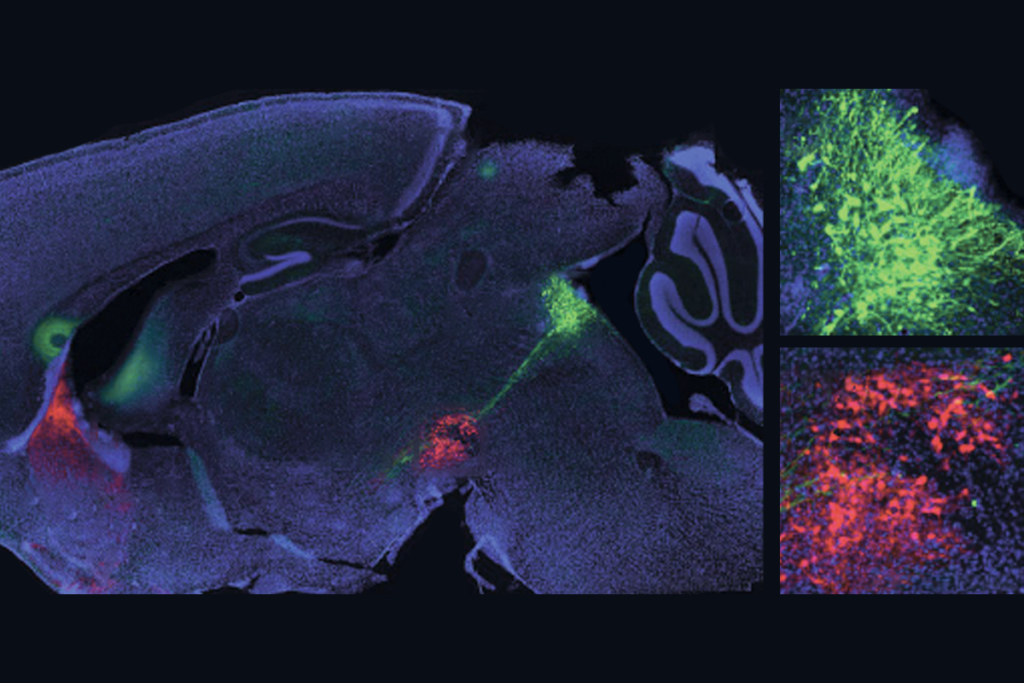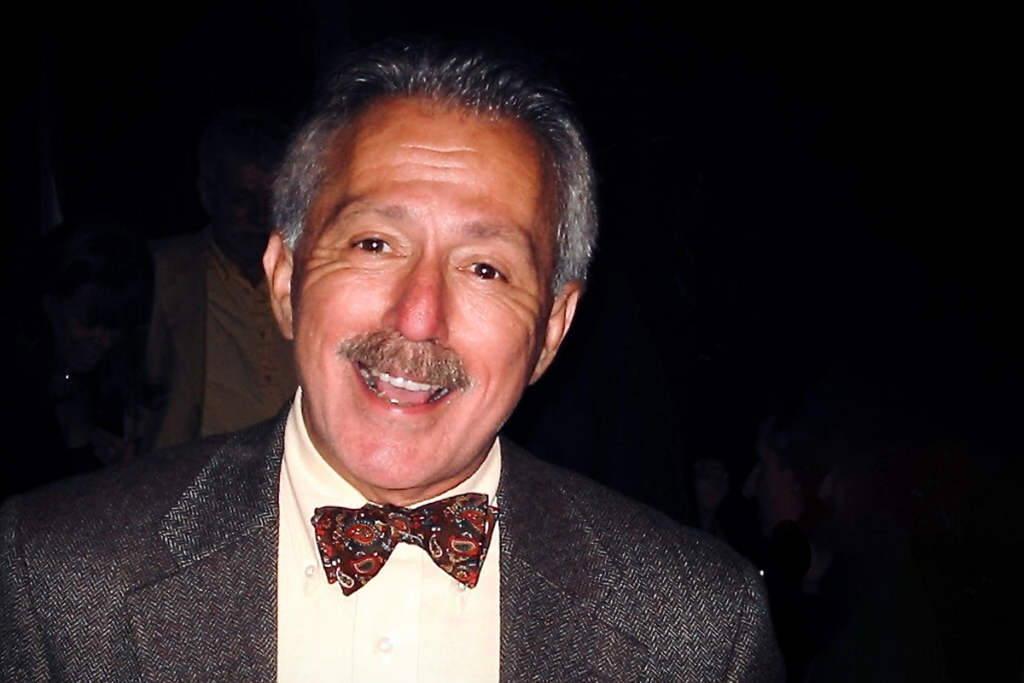Neuropharmacology
Recent articles
Dopamine ‘gas pedal’ and serotonin ‘brake’ team up to accelerate learning
Mice learn fastest and most reliably when they experience an increase in dopamine paired with an inhibition of serotonin in their nucleus accumbens, a new study shows, helping to resolve long-standing questions about the neuromodulators’ relationship.

Dopamine ‘gas pedal’ and serotonin ‘brake’ team up to accelerate learning
Mice learn fastest and most reliably when they experience an increase in dopamine paired with an inhibition of serotonin in their nucleus accumbens, a new study shows, helping to resolve long-standing questions about the neuromodulators’ relationship.
Remembering the life of neuropharmacologist Floyd Bloom
The co-author of the classic textbook “The Biochemical Basis of Neuropharmacology” and pioneer in studying the roles of neurotransmitters in the brain died on 8 January at 88 years old.

Remembering the life of neuropharmacologist Floyd Bloom
The co-author of the classic textbook “The Biochemical Basis of Neuropharmacology” and pioneer in studying the roles of neurotransmitters in the brain died on 8 January at 88 years old.
Explore more from The Transmitter
Neuro’s ark: Spying on the secret sensory world of ticks
Carola Städele, a self-proclaimed “tick magnet,” studies the arachnids’ sensory neurobiology—in other words, how these tiny parasites zero in on their next meal.

Neuro’s ark: Spying on the secret sensory world of ticks
Carola Städele, a self-proclaimed “tick magnet,” studies the arachnids’ sensory neurobiology—in other words, how these tiny parasites zero in on their next meal.
Autism in old age, and more
Here is a roundup of autism-related news and research spotted around the web for the week of 2 March.

Autism in old age, and more
Here is a roundup of autism-related news and research spotted around the web for the week of 2 March.
Lack of reviewers threatens robustness of neuroscience literature
Simple math suggests that small groups of scientists can significantly bias peer review.

Lack of reviewers threatens robustness of neuroscience literature
Simple math suggests that small groups of scientists can significantly bias peer review.